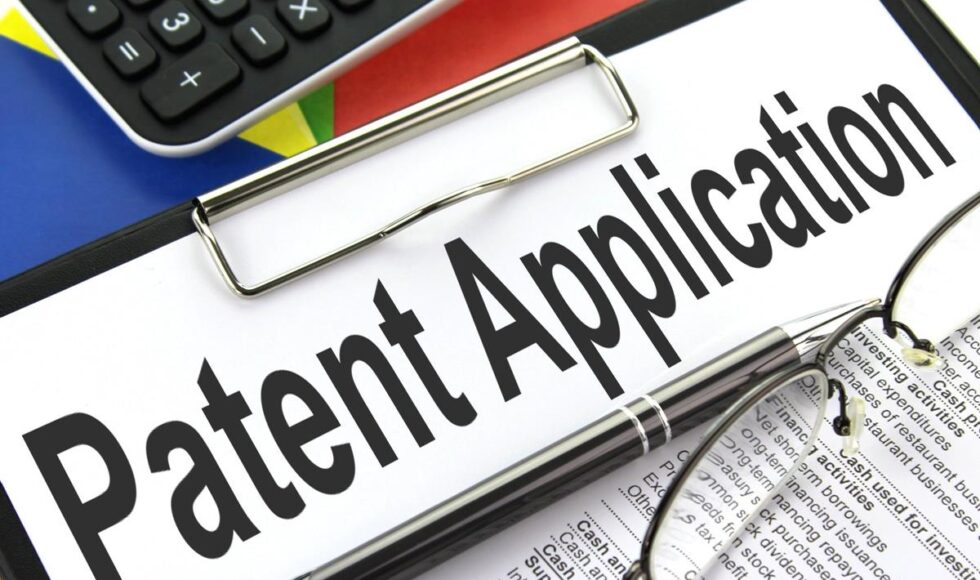On August 25, 2023, the Indian Patent Office published the Draft Patents (Amendments) Rules, 2023, asking for feedback from various stakeholders. The Draft Rules propose several changes raising concerns about their potential impact on the Pharmaceutical Sector and public health standards.
In this blog, we will closely examine these proposed amendments, focusing on key areas such as the introduction of fees for filing pre-grant oppositions, the grant of sole authority to the Controller for determining the maintainability of such oppositions, and the extension of the interval for submitting working statements.
Proposed Amendments to Pre-Grant Opposition
Introducing a Fee for Filing Pre-Grant Opposition
Pre-grant opposition plays a crucial role in preventing patent evergreening and unwarranted monopolies, ensuring that only genuinely meritorious patent applications are granted. However, the draft amendments introduce a substantial fee for filing pre-grant oppositions, which could place a significant financial burden on organizations representing patients’ interests, civil society groups, and others.
Currently, there are no fees associated with filing pre-grant oppositions because such oppositions aid the Controller in the examination of patent applications. In contrast, the proposed Draft Rules have imposed an official fee for filing pre-grant opposition which will cover the various patent filing costs, including fees applicable for Form-2 (specification), Form-9 (early publication), and Form-18 (request for examination).
This change will essentially hinder the role of assisting the patent office in ensuring the grant of high-quality patents. While this move seeks to deter frivolous oppositions, it also raises concerns about access. Organizations representing patients’ interests, civil society groups, and others may face financial barriers to engage in this critical process. It is crucial to strike a balance between discouraging abuse of the system and ensuring that legitimate oppositions are not stifled due to financial constraints.
Allowing the Controller to Determine the Maintainability of Pre-Grant Opposition
Under the current Rules as well as The Indian Patents Act, 1970, any person can file a pre-grant opposition, and the Controller is required to accept and consider it. However, the Draft Amendments proposes granting the Controller the authority to determine the maintainability of pre-grant oppositions without specifying the criteria for such determinations.
This proposed amendment dilutes the legislatively granted right for any person to file a pre-grant opposition by subjecting it to the Controller’s discretion. This could result in the dismissal of relevant and genuine pre-grant oppositions. However, it may also help in dismissing frivolous oppositions filed solely to delay the granting of a legitimate patent application, a practice that needs investigation. This shift underscores the need for clear criteria and safeguards to ensure that genuine oppositions are not dismissed arbitrarily. Striking the right balance between administrative efficiency and due process is essential.
Dilution of Statement of Working Requirement
To prevent the abuse of patent rights, the Indian Patents Act, 1970 mandate patent holders to disclose how their patents are being worked by submitting an annual working statement to the Indian Patent Office on Form 27. Timely disclosure of the extent to which a patent is being worked in India is crucial to ensure that the patented product effectively meets the reasonable needs of the public, especially in the case of medicines, ensuring affordability and accessibility.
However, the proposed amendment suggests that patentees/licensees should file this statement only once every three years and removes the requirement to submit the valid or amount accrued by working the patent in India.
Timely and transparent reporting is essential to assess whether patented products meet the reasonable needs of the public, especially in the context of medicines. The information provided in the working statement is vital for utilizing mechanisms like compulsory licenses and seeking patent revocation in cases of abuse. However, the proposed deletions could impede the process of obtaining licenses and hinder access to essential medicines at affordable prices, affecting both generic companies and patient groups.
Conclusion
These proposed amendments have the potential to dilute critical protections, impacting the ability to file pre-grant oppositions, access compulsory licenses, and maintain transparency in the patent system. These alterations may open the door to practices such as patent evergreening and unwarranted monopolies, which could ultimately have repercussions on public health and the accessibility of essential medicines.
The Pharmaceutical Sector’s future and, by extension, public health outcomes depend on the thoughtful implementation of these amendments. Striking the right balance is not just a legal exercise; it is a commitment to a healthier, more innovative future for all.
Consequently, it is very important to revisit these amendments before they are finalized. The window for stakeholders to submit their comments and suggestions has now expired. Based on the feedback, it is expected that the Indian Patent Office may publish either a revised draft of the Rules or the revised Indian Patents Amendment Rules sometime in late 2023 or early 2024 and notify the date from which these Rules shall come into affect.
Sources:

